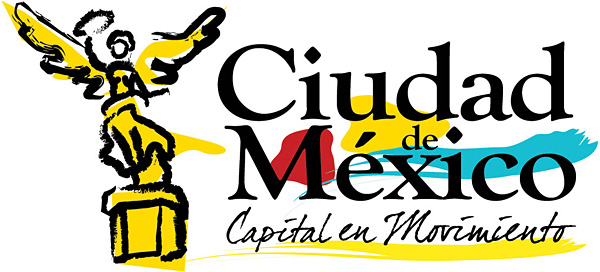- Home
- Reporting entities
- District Municipality of Chancay
District Municipality of Chancay
Peru-
Population 63378

-
Area 150.11km 2
-
GDP N/AN/A
-
Targets by N/A N/Aemission
Targets by District Municipality of Chancay
There are no targets yet
- Start year: 2012
- Type: Policy/Strategies/Action Plans
- Status: In operation
This program involves insuring that communities have access
to facilities for potable water provision and also calls for the
installation of sewer systems to evacuate both gray and black
wastewater. The municipal business known as Emapa Chancay
has drafted profiles for a water treatment plant that will be a
solid climate-change-fighting measure.
Participating Organizations: The Ministry of Housing, EMAPA S.A.
- Waste

- Start year: 2012
- Type: Policy/Strategies/Action Plans
- Status: Completed
The local government signed a five-year inter-institutional
accord with Agrorural to cultivate trees for forestation and
reforestation in district desert areas. This community association
program helps reforest the Chancay River basin from
its source to the Pacific Ocean. A national tara tree for exportation
program has additionally been inaugurated. This
forest cover plays an important role capturing carbon that is
later converted into oxygen. Finally, the use of inorganic gels
and vegetable beds to facilitate water retention around tree
individuals is currently being analyzed.
- Other Emissions

- Start year: 2012
- Type: Education/Awareness Raising
- Status: In operation
The program seeks to train and create awareness among
children and young people and calls for the implementation
of a school environmental committee at area educational institutions;
six workshop programs were organized to inculcate
good environmental habits. The goal is to strengthen
the application of an environmental focus at educational
institutions within a sustainable development education
framework aimed at water, air, and solid wastes stewardship
as well as land-related improvements. The implementation
of a community reforestation project via school contests
is also foreseen.
Participating Organizations: the Ministry of the Environment,
the Ministry of Agriculture, UGEL N° 10 de Huaral, educational
institutions and private businesses.
- Buildings

- Start year: 2012
- Type: Policy/Strategies/Action Plans
- Status: Completed
Following involvement from solid waste management specialists,
this program was developed through a characterization
study to determine waste type, quantity and hazards
and understand each district inhabitant’s per-capita production
rate. The study led to a solid wastes management plan
that in turn gave rise to an at-source garbage separation
program. Such oversight prevents indiscriminate garbage
incineration or open-air disposal, which would produce
greenhouse gases that contribute to climate change.
- Waste

- Start year: 2012
- Type: Technical/Infrastructure investment
- Status: In operation
The project involves a solid wastes treatment plant and final
disposal facility for material generated by the Chancay
residents. Its infrastructure represents and important step
forward with regard to environmental protection since
greenhouse gases will no longer be produced and methane
will be harvested for use as an energy source. The project
conserves natural resources and at least in part reduces fossil
fuel consumption in the fight against greenhouse gasproduced
climate change.
Participating Organizations: Ministry of the Environment
- Waste

- Start year:
- Type: Assessment/Research
- Status:
The Santa Rosa wetland is a research, environmental education
and climate conditions monitoring area featuring 42 hectares
of reflective pools, 38 plant varieties and 45 animal species.
Grazing there is restricted and programmed with animals that
do not damage vegetation roots. Noteworthy potential includes
nutrient retention and its incorporation into natural cycles,
which reduce and control possible area eutrophication processes.
The wetlands additionally provide protection against
possible climate-related catastrophes in adjacent cultivated
lands and help stabilize micro-climates; their absence would
produce a rise in local temperature and for these reasons, the
local government is making efforts for their conservation and
protection.
Participation Organizations: The Ministry of Housing, Región Lima



